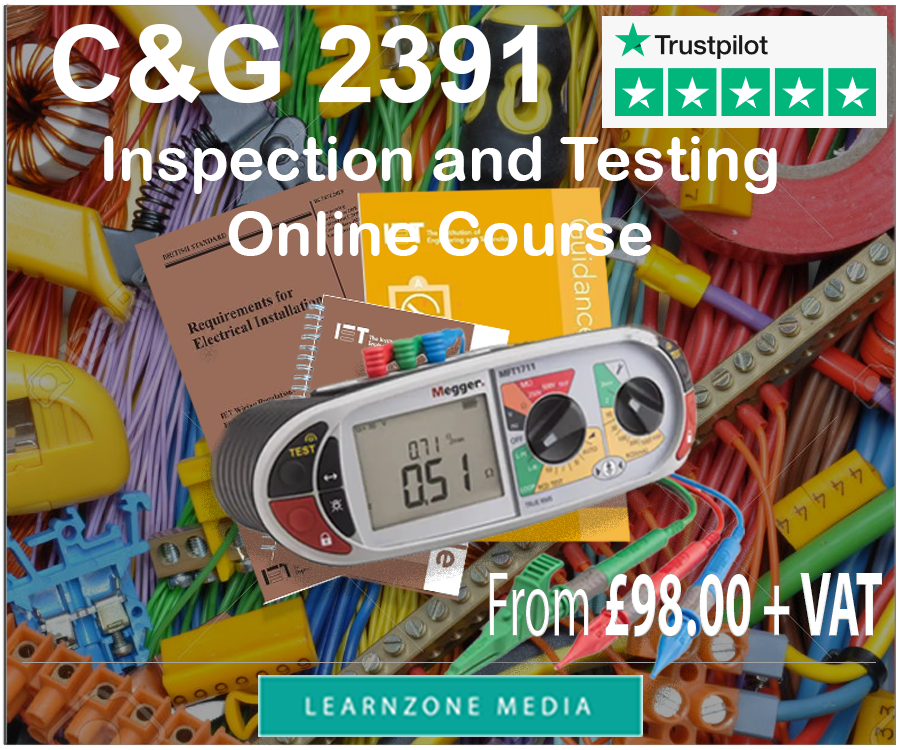How To Start An Electrical Business
How would you like to be your own boss and earn a lot of money by doing something that is genuinely enjoyable most of the time? As an electrical contractor you can do just that, so with the economy finally on the rise the time to start is now!
Even if you don`t have any previous industrial or business experience, you can start by following these steps:
Step 1. Get qualified as an electrician
The first step on your way to owning a successful electrical business is to become fully qualified as an electrician. You will learn the trade and know exactly what is it about before having to deal with other business matters such as accounting or marketing.
Depending on your age and circumstances, there are several ways you can do this, all of which are explained in this guide under Getting qualified as an electrician in the UK.
Step 2. Gain some experience
It is advisable to gain a few years of industry experience before jumping into deep water and starting up on your own. You could work as an employee and gain valuable insight into how other companies operate, or you could work as self-employed.
Step 3. Go self-employed
Becoming self-employed will lay the foundations for your business and is the next step towards having your own business as an electrician. It is a natural progression towards having an electrical contracting business, so we recommend reading this Guide on becoming a self-employed electrician.
Step 4. Start your own electrical business
At this point you should be qualified and experienced as an electrician and preferably have worked a few years as a self-employed subcontractor as well. All these years of working for agencies or other contractors are about to pay off when you start up your own electrical contracting business.
This is what you need to do:
- Start up paperwork- You will discover that the difference between a self-employed electrician and an electrical contractor is not great in terms of paperwork. Transition from being a self-employed subcontractor electrician to an electrical contractor is an easy and straightforward process and this Guide on electrical contractors will help you along the way.
- Open a dedicated business bank account - If you have not done this already, you should do it at this point.
- Open an account with an electrical wholesaler - A good wholesaler will supply you with materials straight to your customer's address and provide you with at least 30 day rolling credit on all purchases. This credit facility is absolutely essential because you will usually have to pay for the materials long after the job is complete and you have been paid.
- Register as Limited Company - at this point you should register you own limited company under the name of your choice. You can do that here on the GOV.UK website.
- Bookkeeping - As a small business you must keep track of your income and expenses in an organised manner. It does not matter whether you use a notebook or an Excel spreadsheet; as long as you are organised and honest about your finances you will do fine. You can use the Electricians Bookkeeping Spreadsheet to do this in an easy and effective way.
- Insurance - Legally you must hold Public Liability Insurance for 2,000,000 GBP as a minimum, while 5,000,000 GBP or 10,000,000 GBP cover would be required if you plan to work on government projects.
Depending on the sort of work you undertake Professional Indemnity insurance might be needed; if your company plans to have employees, Employers Liability insurance is required. - Marketing - In order to grow your electrical business you will need to spend a lot of money on marketing. Books have been written on this subject, but to start with have a look at this Guide on marketing for electricians.
- Website - Nowadays you simply must have a website. It will help people find your business and learn about your services.
- Register with NICEIC or NAPIT - In order to comply with Part P regulations you will need to be a member of one of the competent person scheme provider organisations. There are a few out there, but I recommend sticking with the best known ones even if they are more expensive.
- Tools and equipment - You would have already acquired most of the tools and equipment needed over the years as self-employment. At this point however, in order to look professional you should invest in a new or newish looking van decorated with your company logo and contact details. Your van is your moving advert so it should be clean and presentable at all times.
- Take on an apprentice - Not only a helpful asset to your business, you will also have the satisfaction of knowing that you are doing your bit for the next generation.
As you can see, it will take years of hard work to be in a position where you can be a proud owner of a successful electrical contracting business, but it is worth all the effort since the rewards are equally great.




